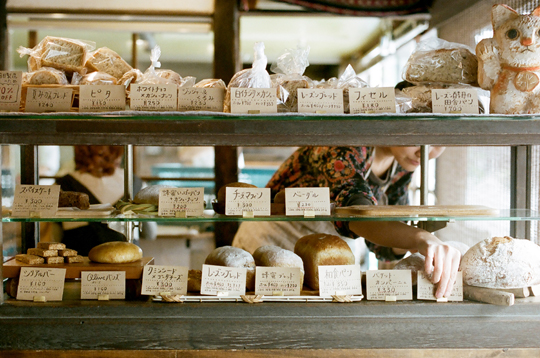
Doing Smaller is a series by Yuki Hirayama.
What kind of images do you get when hear the term local business? Perhaps, expensive prices? Inconvenient compared to large supermarkets? Shorter business hours? Or a limited selection of products?
A visit to one of Japan’s wonderful small businesses will change your mind in no time!
How is it like small business in your country? Of course it’s difficult to live without stable income, however, we can select what we take in our hand.
Take Talmary for instance. Talmary is a unique small bakery in Katsuyama, a depopulated area in Okayama Prefecture located on Japan’s West coast.
The bakery was started by a local couple Itaru and Mari Watanabe whose goal is to live a low-impact, sustainable lifestyle in the countryside while localizing economic services that were once an important aspect of Japan’s small towns.
According to Itaru Watanabe, their management philosophy is,
Pursuing the richness and joyness of food and job. Spend as much time and effort to make quality breads even if it’s inefficient.
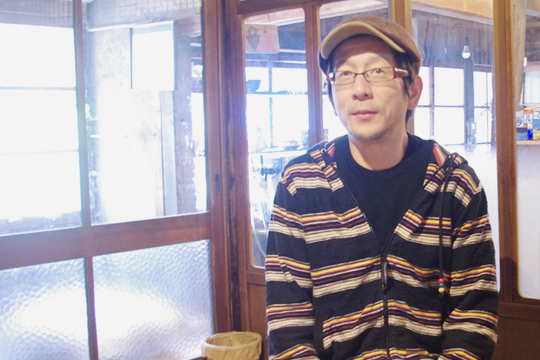
Itaru Watanabe
Bread not made from eggs, butter, milk and sugar.
The signature product at Talmary is Sakadane bread. Sakadane is a type of rice yeast taken from Japanese sake production. To make sakadane, rice flour is malted using yeast that occurs naturally in the air.
The sakadane is added to flour as a leavening agent. Surprisingly, the bread does not contain eggs, butter, milk or sugar.

“Saka-dane” is made from natural malted rice. Malted rice can convert scratch into sugar.
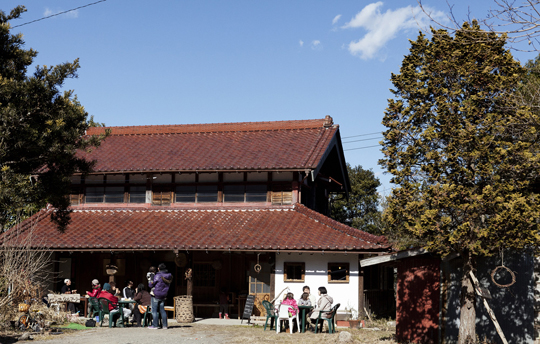
“Sake-Dane” is made by using natural fungus that lurks in Japanese old style houses.
Making this bread is not efficient, which does not help a profit. The Watanbes were both anxious about turning a profit. Mari Watanabe says,
In general, Katsuyama is a place where we should be anxious about how many people come to buy expensive breads like this in a depopulated area like this one.
However, then I thought we have to make the best breads so that people feel they really want to come to get ”this” bread in “this” area, Katsuyama.

The dream of living a slow and simple life in the countryside is alluring for many city dwellers. To the outsider it can even seem stress-free. But the reality is quite different. As Itaru explains the countryside is no place to slack off.
The countryside is not a place to just relax free and easy. It is also not a place to escape from cities. People without any skills can hardly revitalize activate the areas and the community.
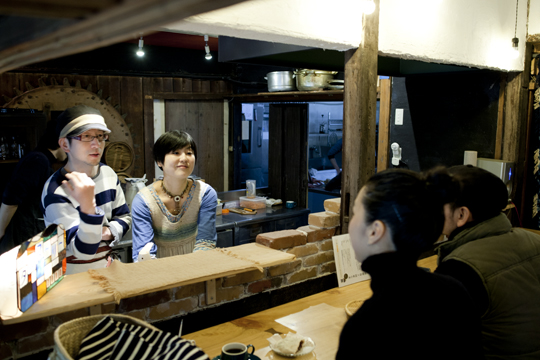
Itaru’s words are inspirational for anyone dreaming of making the move to the countryside. The stress of living in the big city can make many young people dream of getting away and living sustainably in the countryside.
Misconceptions about growing organic food and revitalizing the local society are easy to come by. Itaru heeds an important warning that it takes skill and effort to make a lasting change.
In spite of their difficulties in the countryside, Itaru and Mari Watanabe propose an economic system called “Rotten Economy” that uses the principles of decay and material recycling.
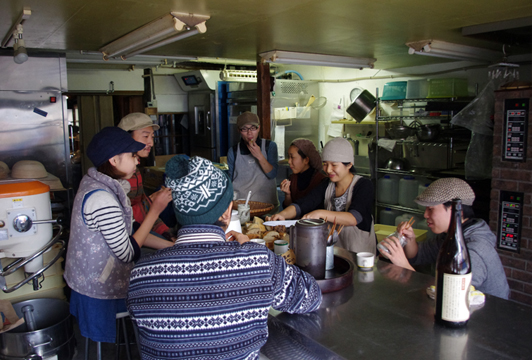
In a Rotten Economy money works just as a medium for exchange instead of a measure of success. This allows people to focus more on processes, which results in a virtuous cycle of a natural ecosystem.
It is an idea to free society from obsessive materialism. And reconnect us to the more beautiful world our hearts know is possible.
[via greenz.jp written by Asami Asai]
[English Text by Yuki Hirayama]
[Editor: Mike Cutno, Kana Tateyama, and Kota Suzuki]
NEXT ACTION
The Return: Reintroducing sake to Japan
http://www.cultivateddays.com/article/return
